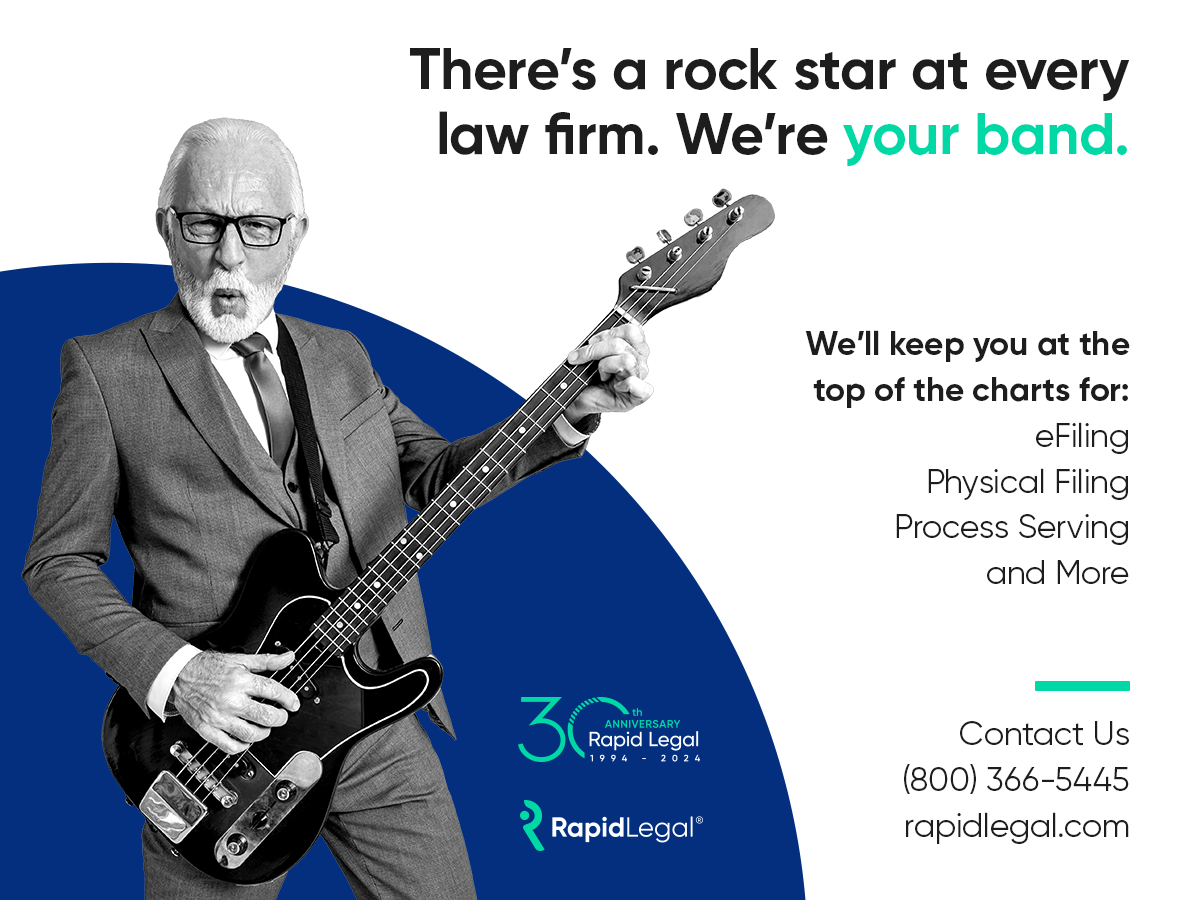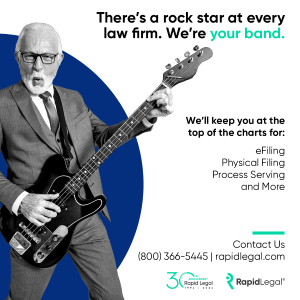Then comes the hard part: I have to “show and prove,” as the saying goes. Society’s growing acceptance of the need to recognize mental health care as an important and necessary part of our overall health and well-being is positive overall. But what is being done to make this a reality, particularly in our work lives?
In the Harvard Business Review article, “How to Fix Your Company’s Culture of Overwork,” Malissa Clark, Associate Professor and Head of the Healthy Work Lab at the University of Georgia, argues that the boundaries of professionalism and personal lives have been blurred — alarmingly so since the pandemic. Clark’s book, Never Not Working: Why the Always-On Culture Is Bad for Business and How to Fix It, also describes how a generation of employees have unknowingly let their work consume them.
I must confess, on many occasions, I have found myself in the camp of professionals who have allowed work obligations to bleed into my personal space. Turning off has become more challenging when my laptop and mobile devices are always nearby. For me, the physical act of unplugging must happen in order for my brain to follow. I once heard someone say, “The word ‘no’ is a complete sentence.” Saying “no” when I know I’ve reached my limit and need to recharge is something I try to practice with kindness and often with humor. And, alongside giving more attention to self-care by exercising, eating healthy and improving sleep habits, I also have recently adopted the tenets of soul care, which emphasizes the importance of maintaining a healthy soul by incorporating activities like meditation, prayer and counseling.
ALA ensures its staff feels supported in their mental well-being by offering comprehensive health care benefits, a flexible work environment, training programs designed to help us identify and affirm individual working styles, and activities that promote well-being across different dimensions to emphasize our staff core values.
“I once heard someone say, “The word ‘no’ is a complete sentence.” Saying ‘no’ when I know I’ve reached my limit and need to recharge is something I try to practice with kindness and often with humor.”
In recent years, more spotlights have been shined on the issues surrounding well-being in the legal industry. In fact, the mission of the Institute for Well-Being in Law (IWIL) is to transform the legal profession’s approach to well-being. Evolving from the National Task Force on Lawyer Well-Being, the IWIL is now an independent charitable organization and organizes the annual Well-Being Week in Law that will take place May 6-10 this year.
The American Bar Association (ABA) also launched the Well-Being Campaign to improve the substance use and mental health landscape of the legal profession, with an emphasis on helping legal employers support a healthy and sustainable work environment. While the focus of the ABA is on the lawyers, many law firms’ programming has expanded to all positions within the firm. At ALA, we are partnering with the National Council for Mental Wellbeing to offer the Mental Health First Aid certification program. Since the program’s inception, nearly 700 people have participated. ALA’s Middle Tennessee Chapter has also formed a Mental Health Task Force after losing one of their own to suicide. It’s clear how top of mind well-being is within our industry.
In a world where work is always at our fingertips, finding ways to take breaks and care for our mental wellness must be a top priority. I encourage you to use the resources above or discover your own methods to remain grounded amid the stress of the legal industry. As leaders, we often talk about the importance of mental well-being. Now, it is time to show our employees and prove it can be done.


